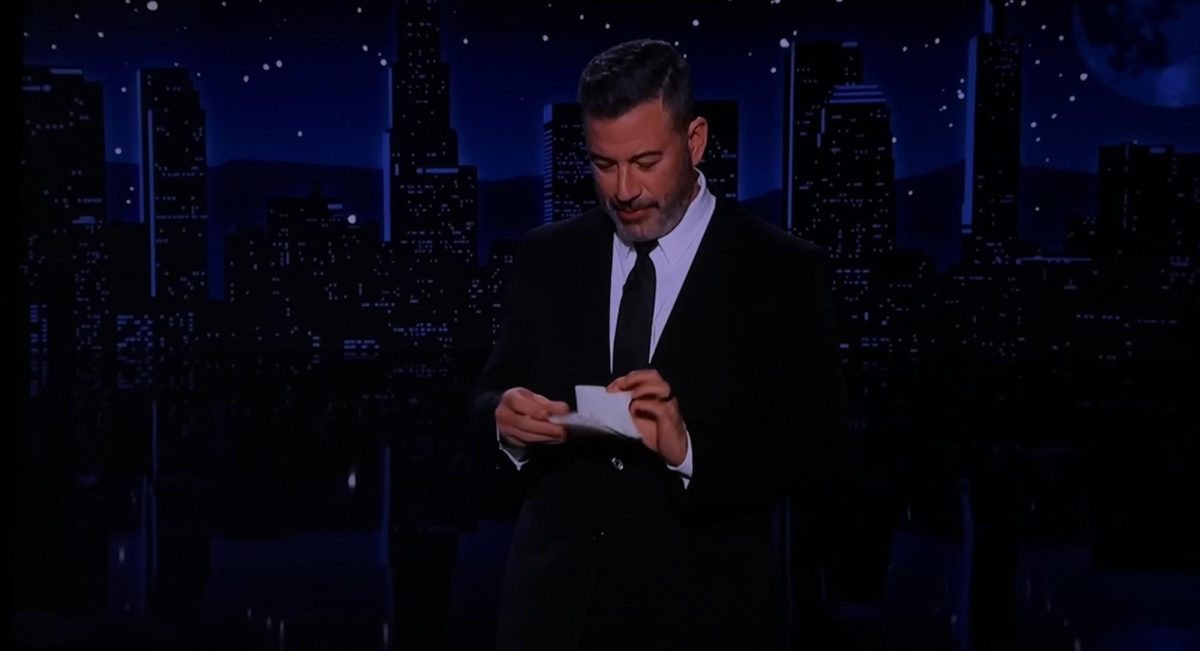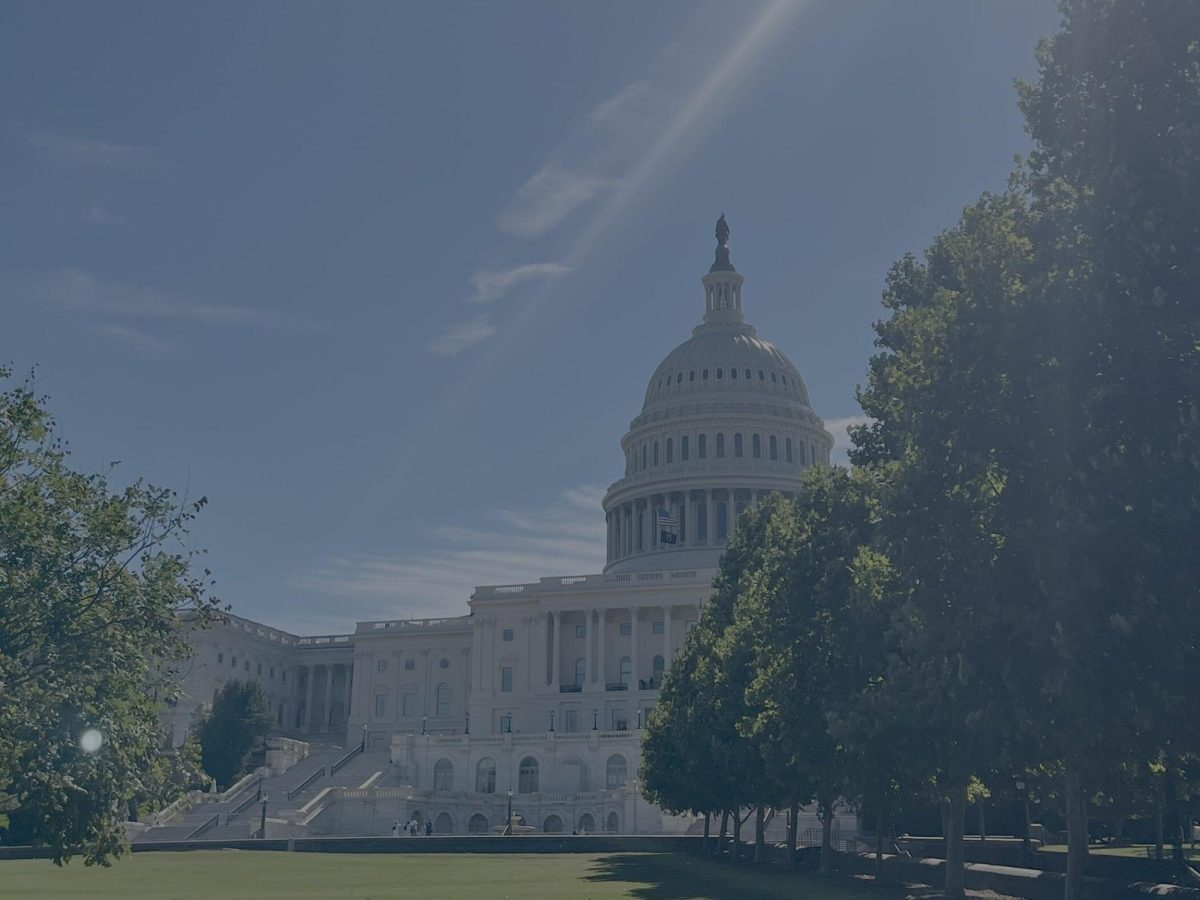The Iowa caucus officially kicked off the start of the 2024 election season, on Jan. 15. Republicans raced to their local voting outlets with hopes of finding the next nominee representing the GOP this Nov.
Former President Donald Trump gained a record number of votes (56,260 votes) winning this year’s Iowa caucus, beating runner up Ron Desantis (23,420 votes) and third place winner Nikki Haley (21,085 votes).
Following the Iowa caucus, both Desantis and Vivek Ramaswamy dropped out of the race, recognizing both their campaigns could not succeed to win the White House.
“DeSantis could remain governor until 2027 and use that as an opportunity for a 2028 run,” Embick said.
Both have endorsed former President Trump.
“It’s clear to me a majority of Republican primary voters want to give Donald Trump another chance,” Desantis said in a video on X announcing the suspension of his campaign. “I signed a pledge to support the Republican nominee and I will honor that pledge. [Trump] has my endorsement because we can’t go back to the old Republican guard of yesteryear, a repackaged form of warmed-over corporatism that Nikki Haley represents.”
Trump kept his steady victory moving through the New Hampshire primary, once again beating out Haley on Jan. 23. Trump gained 163,700 votes while Haley fell short with 129,646 votes. Trump has earned 31 delegates between both Iowa and New Hampshire with Haley at a solid 16.
President Biden was also running in New Hampshire as an “unofficial write-in” according to CNN. He was also able to pull off a victory in the swing state.
A caucus is defined by USA.gov as “meetings run by political parties that are held at the county, district, or precinct.” Iowa is always the first caucus to be held in early Jan. For more information on specific caucus details, visit here.
A primary, in simple terms, is an election “that political parties use to select candidates for a general election,” the Federal Voting Assistance Program said.
During presidential election season, delegates are those who speak for each community during nomination meetings.
“These delegates choose a presidential candidate to represent the national party in the Nov. general election. They also approve the party’s platform and adopt rules governing the party,” the Associated Press said.
For more dates, visit the Election Calendar.
Current Leading Candidates
Former President Donald Trump left the White House after a one term presidency back in Jan. 2021 after losing the 2020 presidential election. He announced his campaign just a few weeks after the midterm elections in Nov. 2022. Trump is running on ideas of rebuilding the economy, fair trade, energy dominance, border security, public safety and more.
President Joe Biden is the 46th Commander-in-Chief of the United States. Biden was vice president for two terms under former President Barack Obama and was a Delaware Senator for 36 years. Biden’s platform mentions climate, equality, economy, health care, immigration, etc.
Nikki Haley is the former governor of South Carolina as well as a past United Nations Ambassador during the Trump White House. She began her campaign in February of 2023 with hopes of becoming the first woman president in American history.
Some former GOP candidates consist of: Ron Desantis, Chris Christie, Mike Pence, Vivek Ramaswamy, Tim Scott, Dough Burgum and Asa Hutchinson.
Lily Miles, a senior who will be able to vote in this upcoming general election, explains who she will vote for this November.
“I’m probably going to vote how my family votes, I’m not completely sure if I actually want to vote,” Miles said. “Though I find politics super interesting, I’m not really spending any time researching either party or any of the candidates so I’m not really informed about much.”
When asked about a woman running for the GOP nominee, Miles explained her opinion on the impact it could have.
“I feel like a woman president would be very empowering for women, but so many people are into their stereotypes and old ways of thinking I don’t think it’ll happen for a really long time,” Miles said.
The presidential preference primary is on March 19. and the primary elections take place on Aug. 20.
The final day for out of country citizens to request a ballot to vote by mail is Sept. 21. and the last day to register to vote in Fla. is Oct. 7. Early voting is also available from Oct. 26 through Nov. 2.
General Election Day stands at Nov. 5. Polls are open from 7 a.m. to 7 p.m. If you are in line at the polls by 7 p.m., you are legally allowed to cast your vote.







